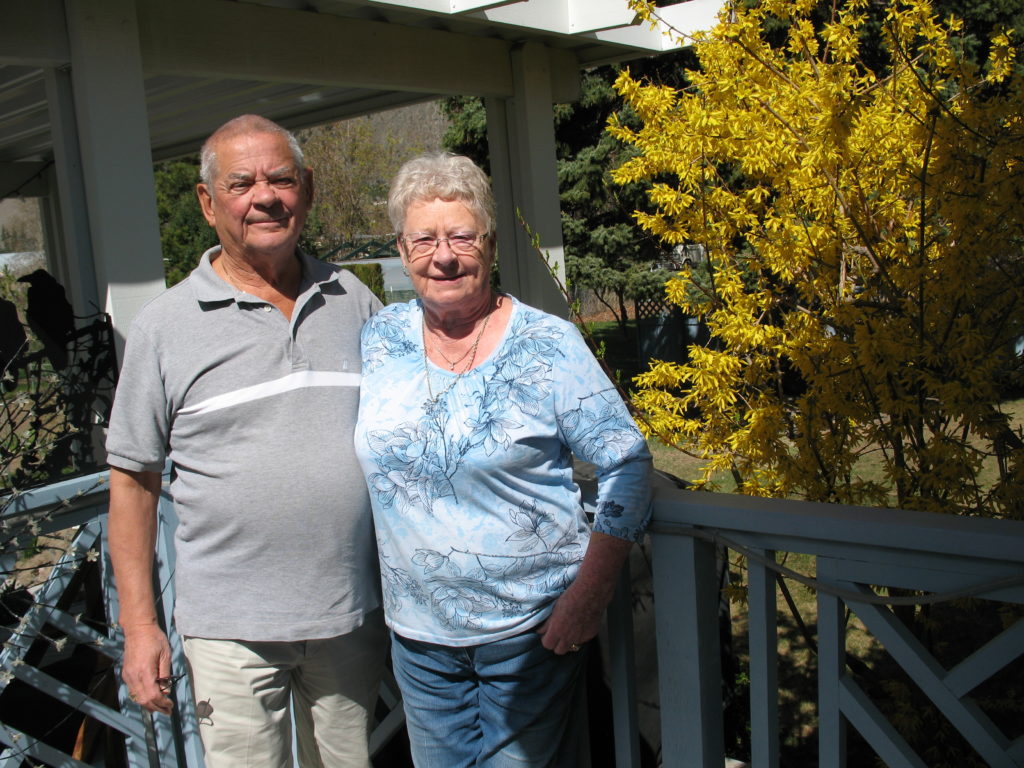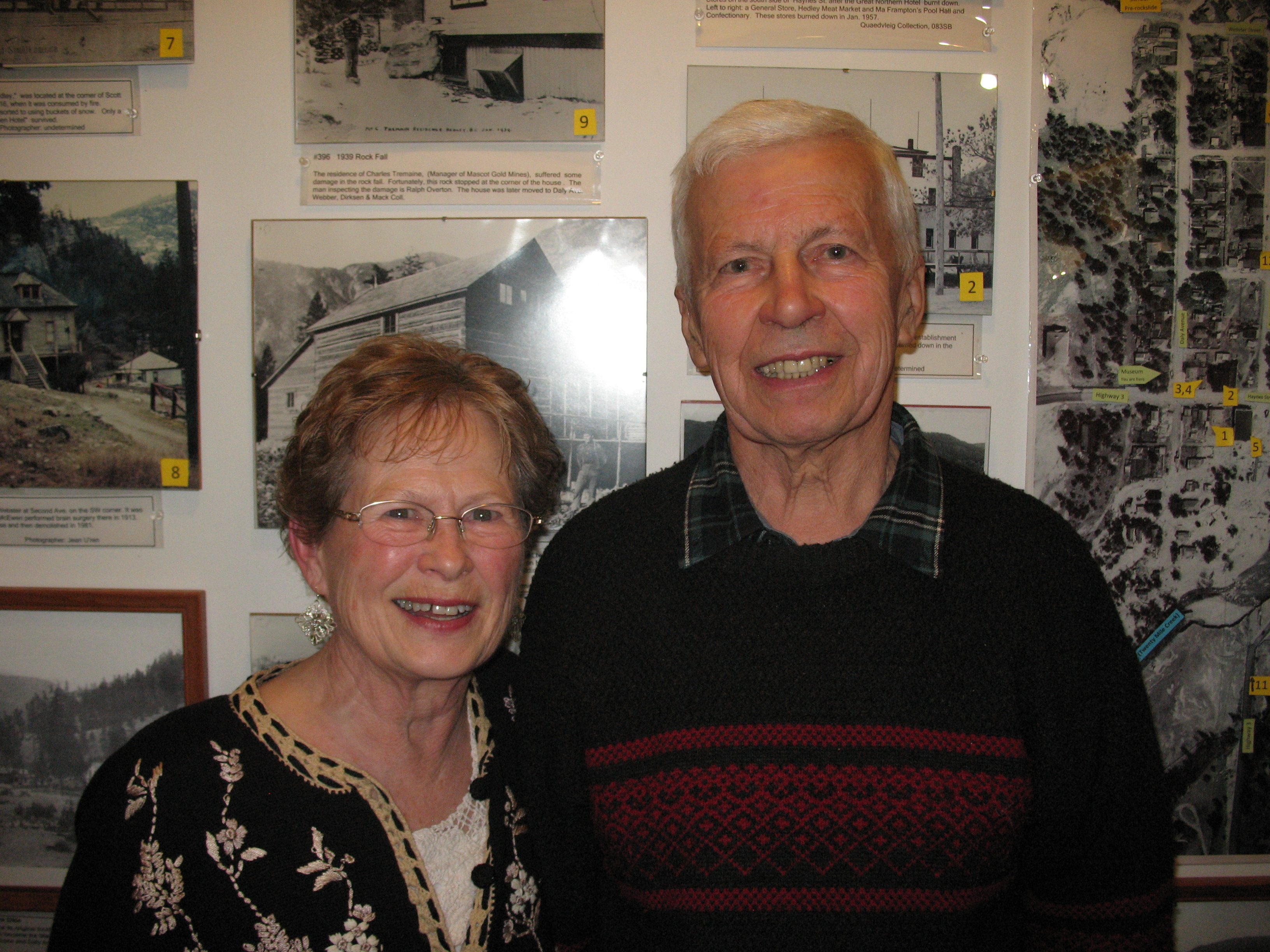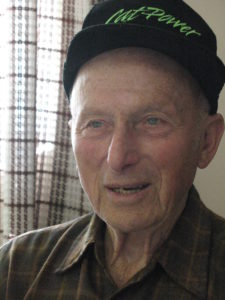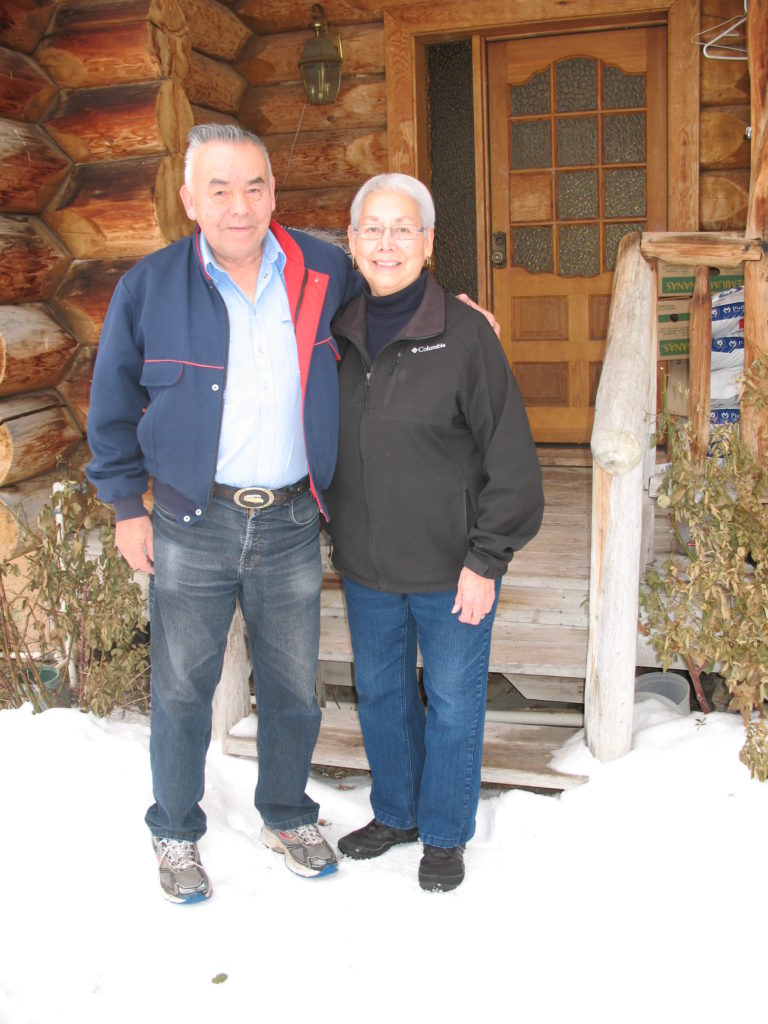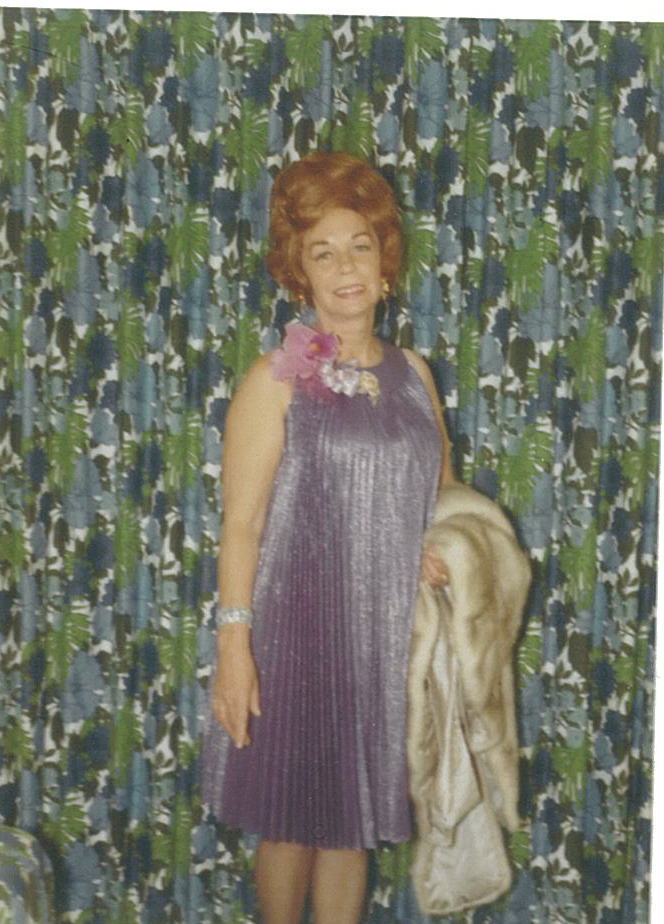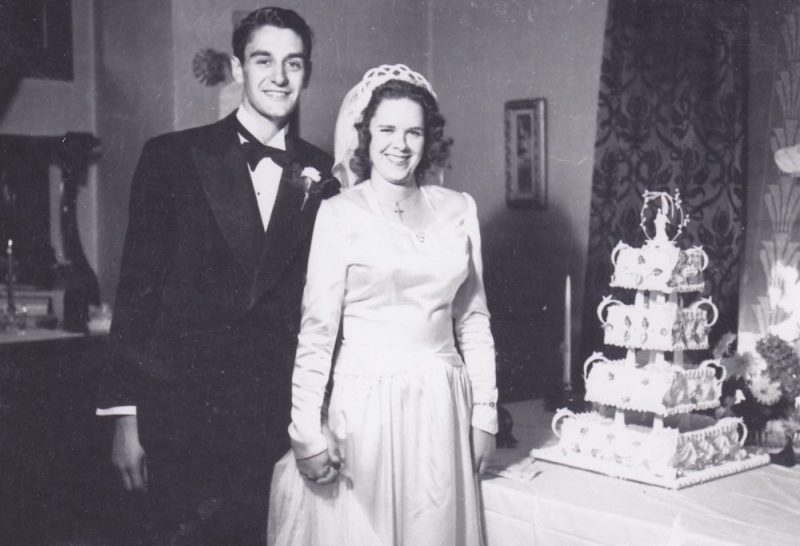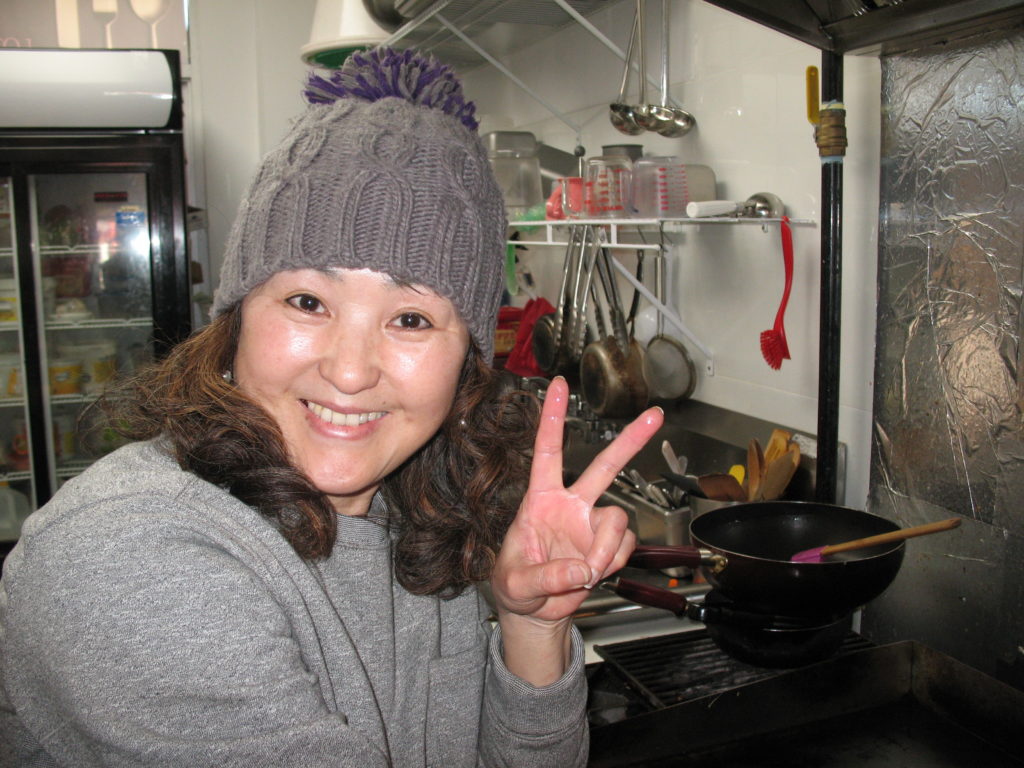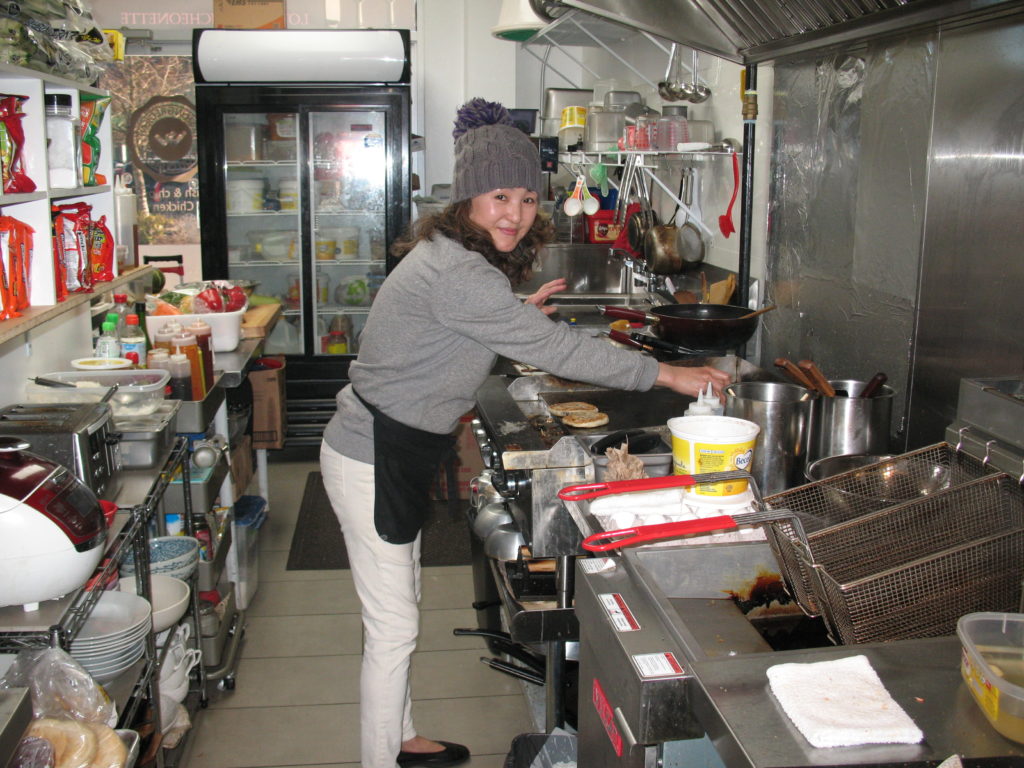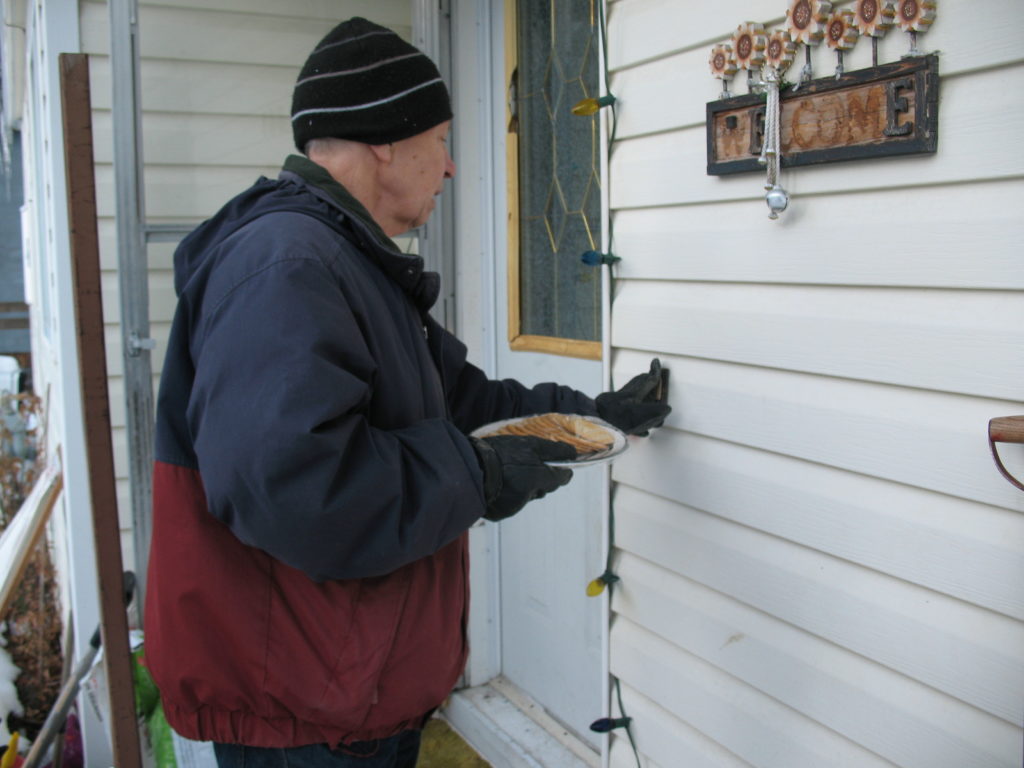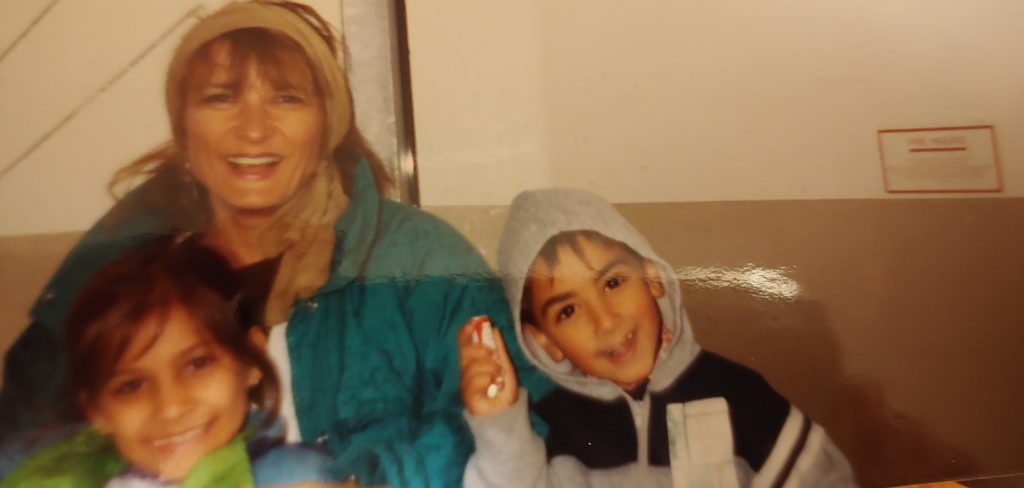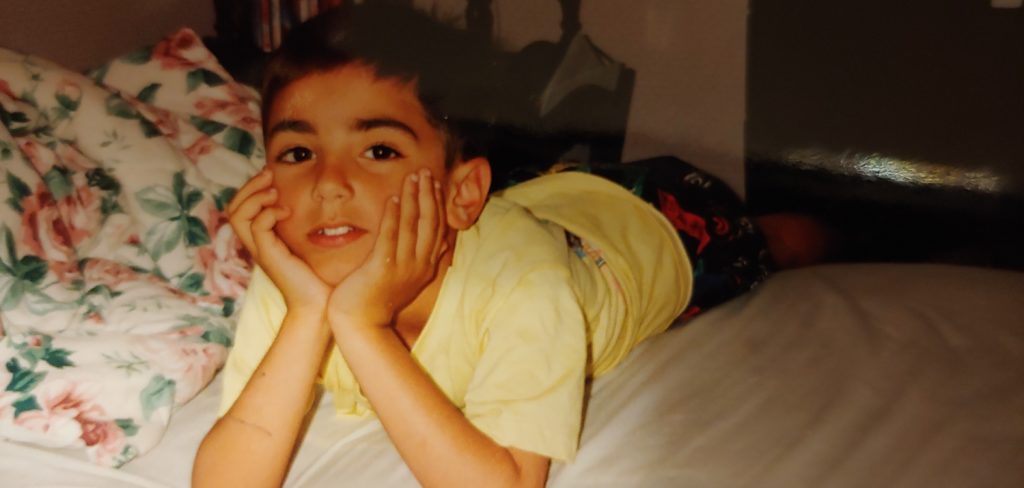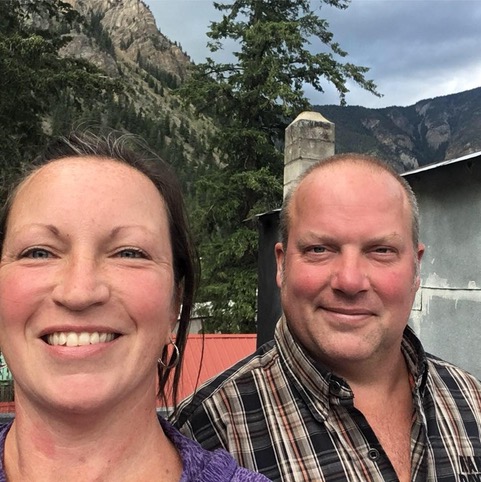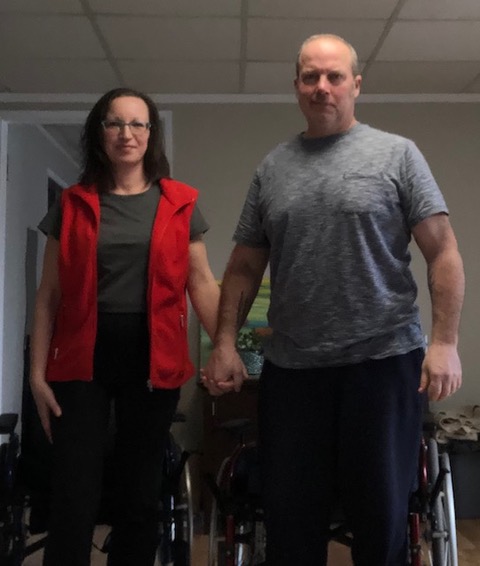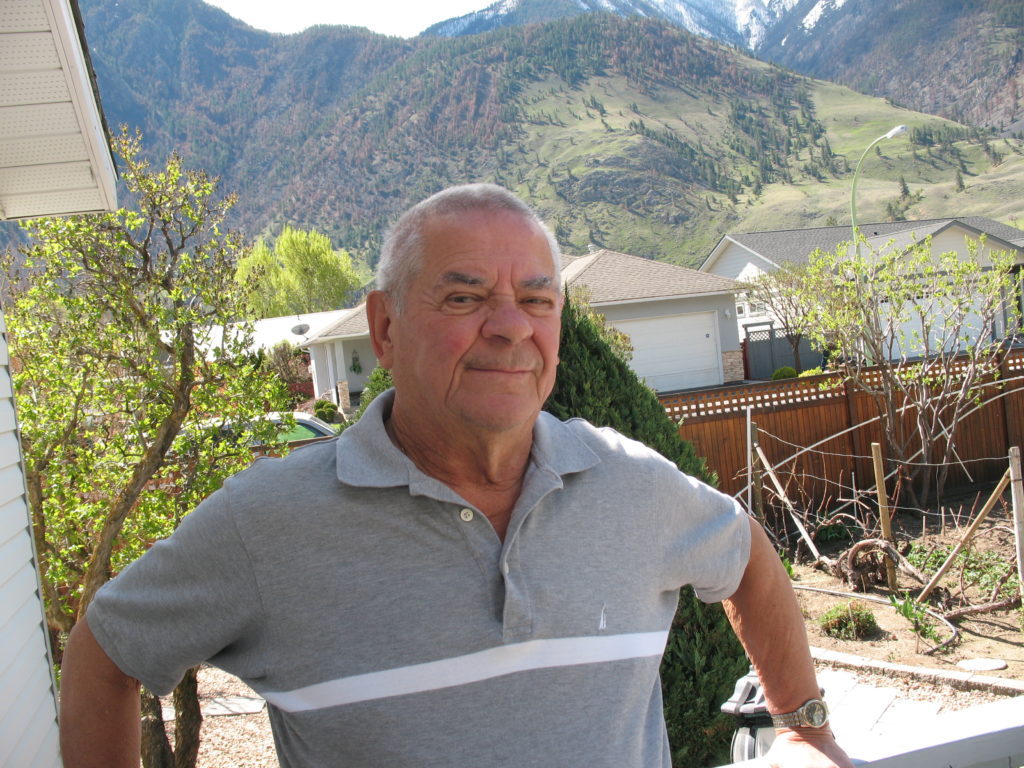
I might easily have concluded Walter Despot was dealt a pretty decent hand at the outset of his life. He’s been a pharmacist in his own successful pharmacy, mayor of Keremeos for 3 terms and chaired committees that brought significant positive change to the Similkameen Valley. In an extended conversation with Walter and Barbara in their comfortable Keremeos home, I was particularly interested in the thinking that made him an effective leader.
“My father passed away when I was 5,” he began. “Mom had emigrated from Poland in 1924 with only a grade 2 education and initially didn’t speak English. She had 4 kids to feed and clothe. In spite of her lack of means, she understood clearly it was important that her children attend university. I caught her vision. More than anyone else, her thinking and words have profoundly shaped my values and decisions.”
Walter and Barbara attended the same school beginning in grade 3. Over the ensuing years a friendship developed and flowered into love. Barbara was 19 and Walter 20 when they were married. She worked at what was then B.C. Tel and Walter attended UBC.
“My older brother was a pharmacist and I decided to follow in his footsteps,” Walter recalled. “We needed to be careful with money. I hitchhiked in from the university gates to save the 10 cent bus fare so I could buy a coffee. We lived in a third story apartment. There was a shared bathroom on the second floor and a phone on the main floor.” Barbara smiled and nodded at the memory.
At age 22, Walter received his pharmaceutical licence and 3 months later Barbara delivered twins. Although he was hired by Cunningham Drugs, there were no thoughts of a spending spree. “We didn’t go out for dinners,” Barbara said. “We walked a lot.”
Possibly it was the early influence of his mother that gave him the desire to have his own store. “You can’t stand still or you’ll die on the vine,” he observed. In May, 1964, they bought the Keremeos Pharmacy. “It was the only store in B.C. I could afford,” he said. “It was the best move we could have made,” Barbara added.
Looking around and talking with neighbours in their new community, Walter and Barbara became aware of possible changes and improvements. Rather than complain, they embraced opportunities to make a difference. Walter participated on the committee that secured a full-time doctor for Keremeos in 1975. He joined the Fire Department and served 40 years, three as chief. He gave 22 years to the ambulance service as a paramedic. “Initially we were volunteers,” he said. Somehow he also found time to serve as part-time coroner for about 15 years.
Chairing the group that built the Diagnostic Centre with its 25 residential care spaces was particularly rewarding. “It’s probably the most important accomplishment of my life,” he said. From 2002 to 2016 he was chair of the Board of the Lower Similkameen Community Services Society, guiding the development of numerous vital services valued by Keremeos citizens, including three residences for seniors.
As he accepted new roles and responsibilities, his leadership skills and experience grew incrementally. After selling the pharmacy in 1998 he was drawn into politics. “I didn’t think of myself as a mover and shaker,” he said, “Being mayor was never in the cards, but as you gain experience you move ahead.” Speaking of his time as mayor he was lavish in his appreciation of others.“I had very good councilors. That made it a lot easier. Also, Barbara and I have always been a team.”
For 7 years he chaired the Regional Hospital District Board which planned for the expansion of Penticton Regional hospital. “This was one of my biggest challenges ever. We were told there wasn’t money for it. I’ve learned that when you’re told something can’t be done, you should find a way.” Now, after 18 years, the Tower is serving the people.
Although he often played a key role, there was no hint of boasting when he spoke of his participation in community projects. “It took the involvement of a lot of people.” At the end he said, “Barbara and I are thankful for what we’ve had and we look forward to what we can still do.” About to celebrate 60 years together, Walter and Barbara both appear fit and ready for further adventures. Walter still hopes to travel abroad. Somewhere his mother is probably smiling.
